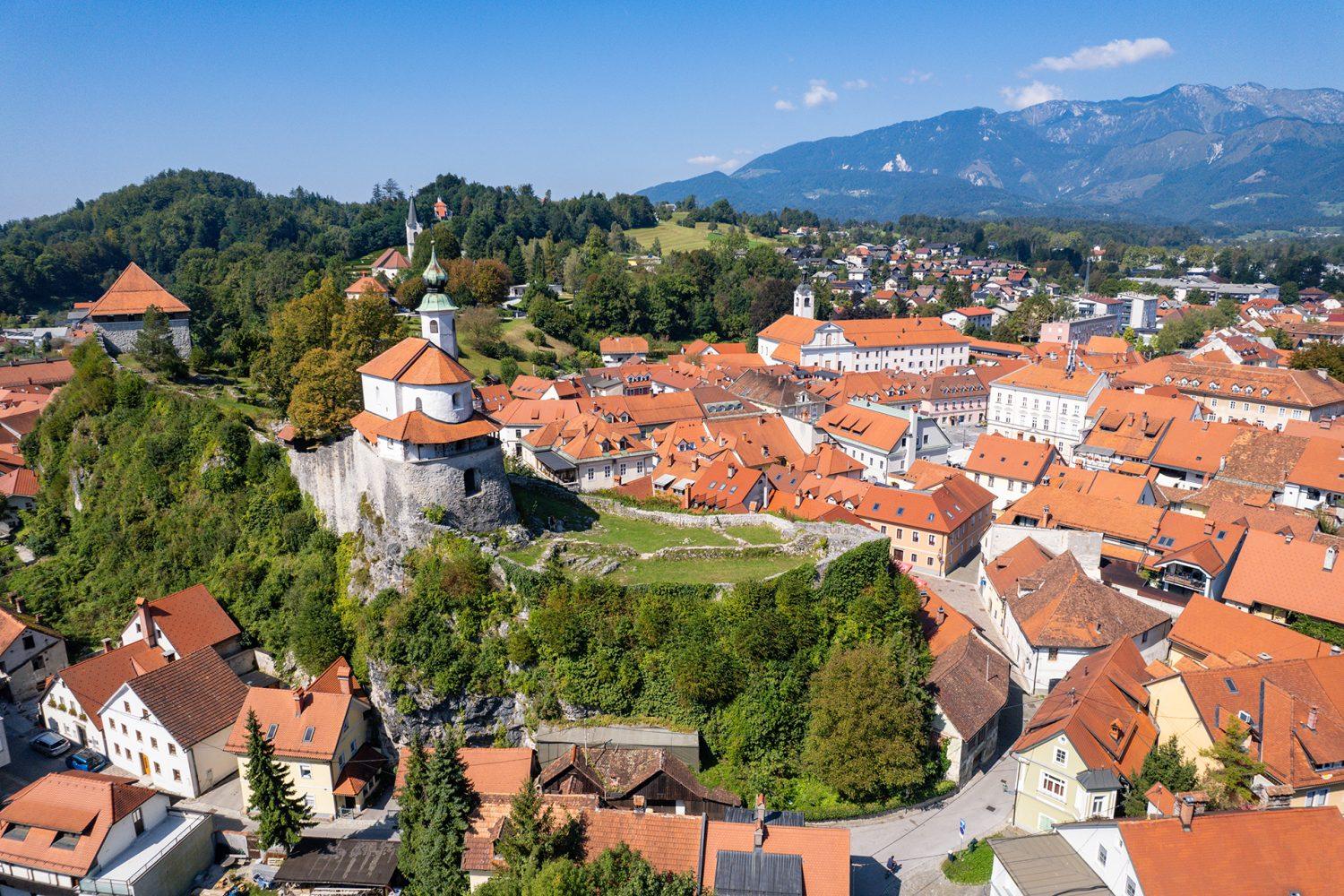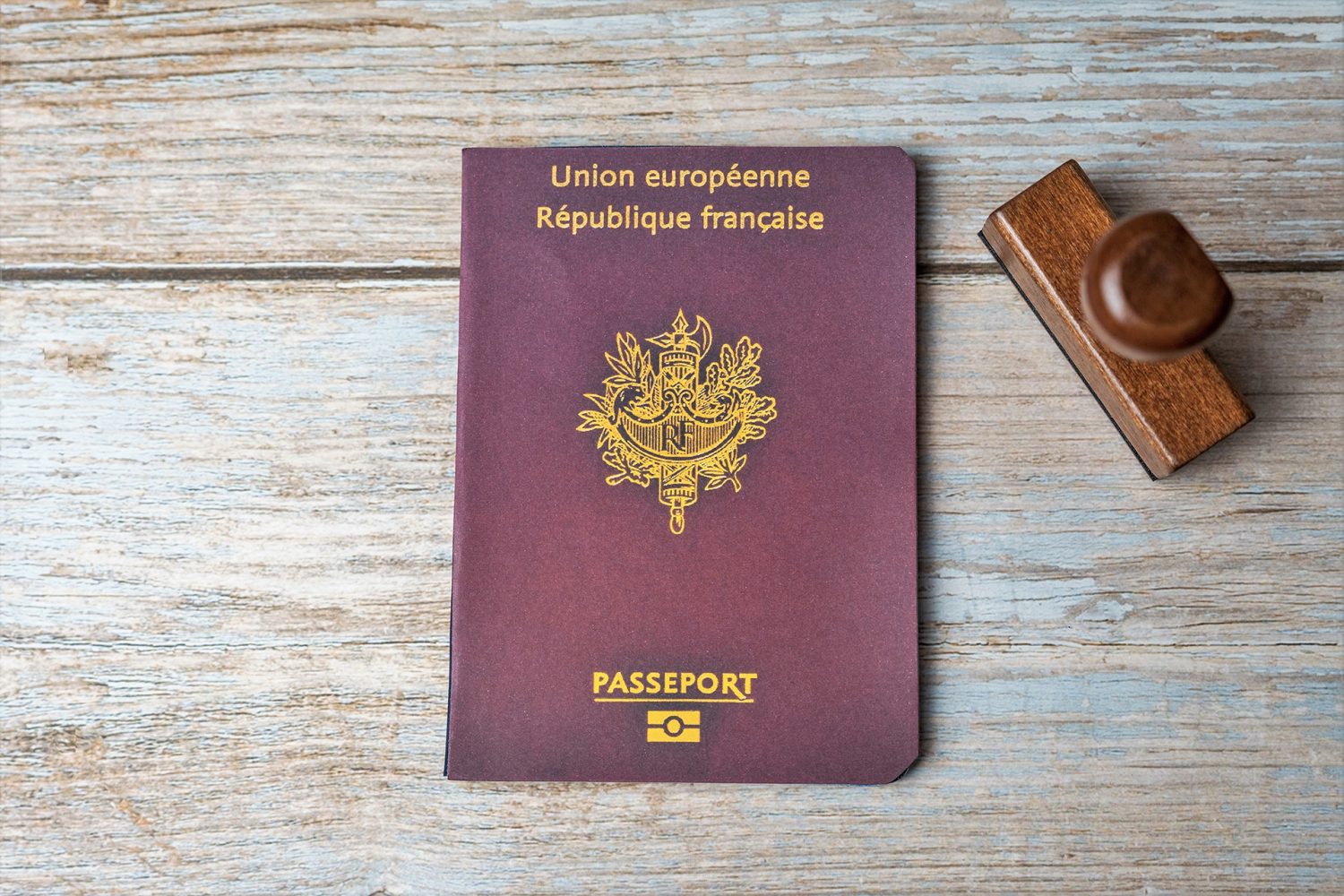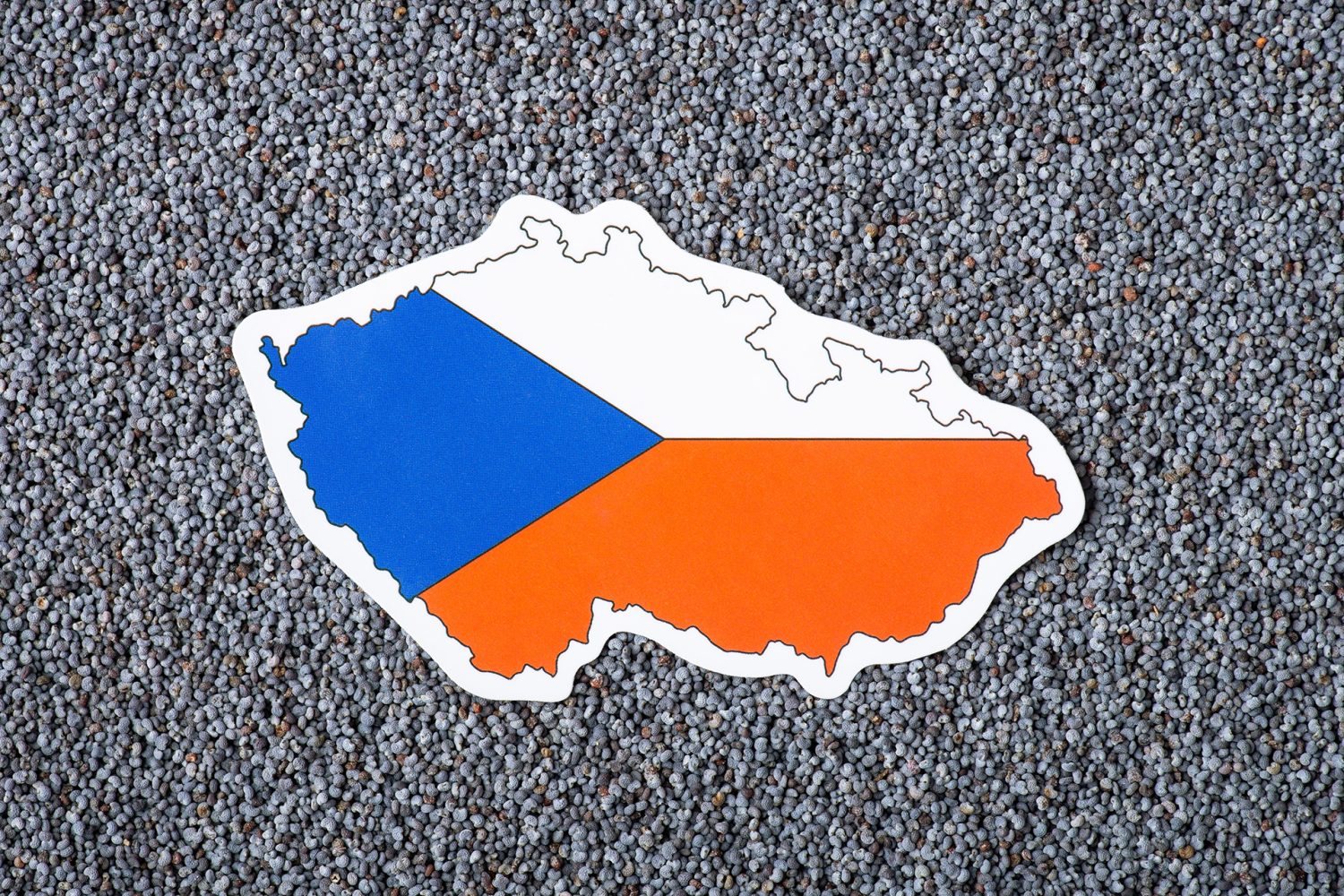
Diana Weber
Lawyer of international law
Rating:
3
December
Obtaining EU Residence Permit for Foreigners

Temporary residence in the EU is the presence of a permit for temporary residence in any of the union states. With a residence permit, a foreigner can stay in the country for a period specified by the status, use social and medical services, get access to education, work (if applicable). Temporary residence is granted to applicants on one of the grounds enshrined in the laws of the European Union state - for example, employment, education, moving to a family member, scientific or special activity. Temporary residence permit is usually valid from half a year to 3-4 years.
Temporary residence is the first step of a foreigner on the way to obtaining the status of a naturalized citizen of an EU country. With this document, the applicant can live in the state for the necessary period and extend it, if necessary, until the moment of compliance with the price of sedentary and obtaining a local identity card.
Submit an application form and we'll get back to you!
In 2025 residence in an EU country gives the applicant access to the following:
A residence permit in an EU country is available to applicants from any country with a valid legal basis, though it requires regular renewal and limits certain rights. Citizenship through a simplified process can skip the residence permit stage entirely. Learn more about obtaining a second passport abroad within 12 months through a free consultation with Immigrantinlaw specialists.
The grounds for obtaining a residence permit in an EU country are usually determined by the resolutions of the respective state - for example, “On the rules for the entry and stay of foreign persons”. In most cases, an immigrant needs to request a national visa for relocation, providing documentary evidence of the purpose of immigration. Popular ways to obtain residency largely coincide in different EU countries - education, work, commercial activity, investment, moving to relatives, the main ones are detailed below.
Foreigners who are admitted to study at a local university - college, university, academy or other institution of a similar level - can get a permit for temporary residence in the European Union. The right to temporary residence is also available to participants in international programs for the exchange of students, graduate students, doctoral students and interns. The applicant must be financially secure to stay in the country and have a place of residence on its territory, as well as pay for the planned education (at least the first course). The period of naturalization in an EU state usually counts only 50% of the time spent with a student’s temporary residence permit.
Resident status in EU countries is arranged for persons who get a job in one of private or public companies. This category also includes foreigners who are seconded employees or representatives of an international organization transferred within the enterprise. Temporary residence is granted for the duration of the employment contract or for 1-2 years with the right to reissue if the applicant retains grounds for living in the country. Employment must be official, with a salary set at no less than minimum in the state.
Most EU countries grant temporary residency to immigrants who plan to open their own business on their territory or are ready to buy shares or a share of an existing organization. In some states (for example, France), it is possible to open temporary residence for start-ups whose project has been approved and sponsored by a local authorized venture or similar company. An applicant may be required to provide a business plan and extract from a bank account, as well as confirm relevant experience or education in the planned activity sphere.
Spouses of citizens or legal residents of EU countries have the right to apply for local temporary residence. Some countries (for example, Slovakia) immediately grant these categories of applicants’ permanent resident status. The family union can be legal or factual, depending on the requirements of the respective state. EU representatives pay close attention to international marriages and carefully check them for fictitiousness (for example, they ask to prove cohabitation or long-term relationships) before issuing documents for foreigners.
Temporary residence permit in EU countries is available for close relatives of local citizens or residents. A request for family reunification can often be made by parents and children (usually under 18 and unmarried). As an exception, a temporary residence permit can be granted to other relatives if they or the host party need care and/or are unable to provide for themselves. Some states grant family members of local citizens permanent resident status bypassing preliminary stay with temporary residence.
EU citizenship programs for investments were closed in 2025. However, foreigners have the opportunity to arrange temporary resident status in an EU state by investing a certain amount in regulated laws spheres. Usually, investment is possible through the purchase of real estate, shares of state companies, development of economically lagging regions of the chosen country, charitable organizations. Some countries (for example, Malta and Bulgaria) can immediately provide a foreigner with permanent residence for large-scale financial investments.
Residence in the European Union is available to persons who need medical care and have an invitation from the appropriate clinic or charitable organization. Usually, temporary residence is issued for a short period (up to 12 months or for the period of treatment) and is extended only in exceptional circumstances. In many EU countries, a residence permit issued on this basis is not counted towards the total naturalization period and cannot be used for subsequent obtaining of permanent residence and citizenship.
EU countries provide humanitarian protection to persons who cannot return to their home country due to threats to life and health, for example, due to military actions or personal insults on racial, religious or national grounds. The status of a refugee can also be claimed by foreigners who have become victims of sexual or labor exploitation. Each request is considered by immigration authorities with the assistance of the police on an individual basis. Refugees often have the opportunity to obtain EU citizenship in an accelerated manner, but cannot use the first passport.
An EU residence permit is accessible only with a valid basis. Simplified EU citizenship bypasses the residence stage, enabling direct passport access. Get detailed information on second passport options with Immigrantinlaw’s free consultation.
To arrange residency in an EU state, a foreigner may need the following:
The applicant also needs to confirm the existence of grounds for arranging a residence permit using one of the following documents:
Submit an application form and we'll get back to you!
The basic procedure for arranging a residence permit in EU countries:
Most often, applicants for European temporary residence are denied when providing an incomplete dossier or submitting knowingly false data or fake documents. A residence permit is not issued if a foreigner does not meet all the requirements of immigration legislation (insufficiently financially secure or has a criminal record in his homeland). Temporary residence in the EU will not be granted to persons who have entered into a fictitious marriage, as well as those who pose a threat to public health or safety. Temporary residence will be denied if its provision is associated with reputational risks for the EU state.
Obtaining a residence permit in an EU country is real for applicants from any state if there is a legislatively established basis for issuing this document. However, temporary residence restricts an immigrant in rights (for example, it is impossible to claim positions in the state apparatus), requires regular renewal and is annulled if the reason for living in the state disappears. Residents of other countries can immediately arrange EU citizenship according to a simplified procedure. You can learn more about obtaining a second passport abroad within 12 months at a free consultation with Immigrantinlaw immigration lawyers.
Get more information about the peculiarities of immigration to the EU at a free consultation
Obtaining EU Residence Permit for Foreigners
3 December
Temporary residence in the EU is the presence of a permit for temporary residence in any of the union states....
Obtaining Italian Residence Permit for Foreigners
11 November
You can get a residence permit in Italy if you have a legitimate reason for a long stay in the...
How to Get Citizenship of Sweden
4 October
Swedish citizenship is the legal relationship between the country and you as an individual. According to the national laws of...
How to Get Citizenship of France
6 December
French citizenship is the legal relationship between you and the country. This status endows you with a certain list of...
Obtaining Swedish Residence Permit for Foreigners
14 October
A temporary residence permit in Sweden is a document, which makes possible to stay in the country and cross its...
How to Get Сitizenship of the Czech Republic
26 June
Czech citizenship is the political and legal connection between a person and the state, which is expressed in a list...
Discover
new opportunities
with a European Union passport!
Submit the application form and we will call you back!
Leave a request
Contacts








